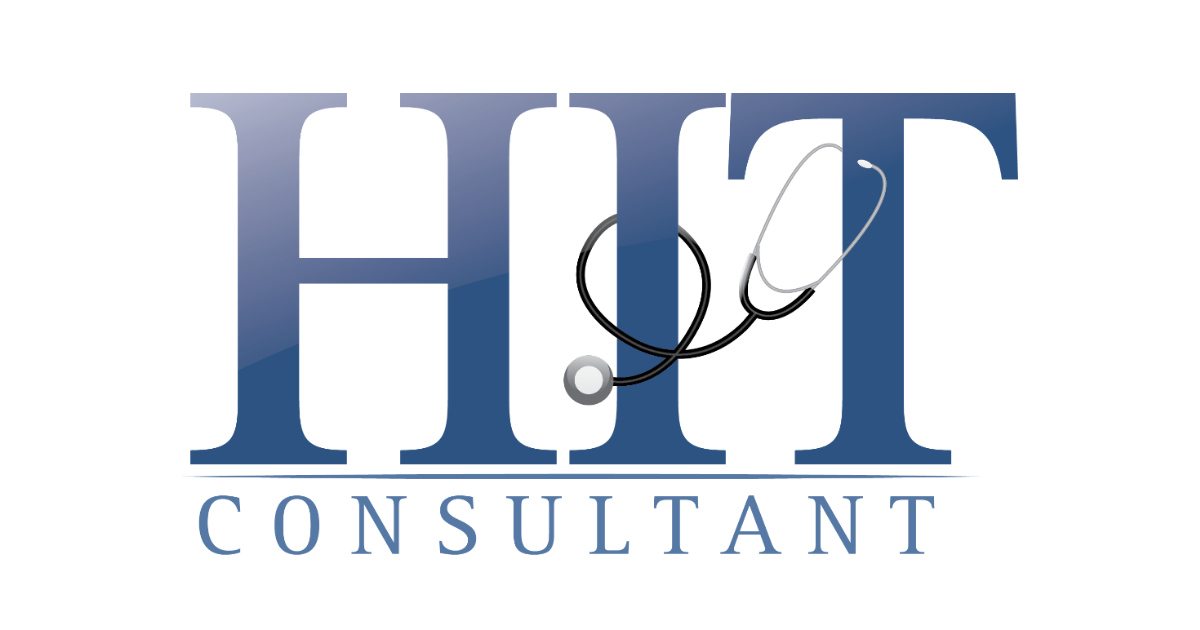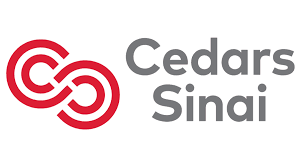
Editor's Note Psychological interventions such as hypnosis, music therapy, and cognitive behavioral therapy (CBT) may reduce acute pain in clinical settings, though statistically significant effects were found only in some studies, according to a July 16 scoping review published in The Journal of PeriAnesthesia Nursing. Hypnosis was the most adaptable…

Editor's Note A recent article from HIT Consultant highlights findings from Incredible Health’s 2025 State of US Nursing & Technicians Report, revealing mounting strain across the nursing and healthcare technician workforce. Reportedly based on insights from more than 1 million professionals, findings include: 71% of nurses report that staffing shortages…

Editor's Note Epic has introduced a free training program to help nurses and medical assistants reduce time spent using electronic health records (EHRs), addressing a key factor contributing to widespread burnout. According to a recent article in Fierce Healthcare, the Nursing SmartUser classes launched during National Nurses Week and aim…

Editor's Note Hospital units with more RNs and fewer long shifts experience significantly lower rates of staff sickness absence, while understaffing and long shifts drive nurse illness, according research published April 22 in JAMA Network. The retrospective longitudinal case-control study involved 18,674 RNs and nursing support (NS) staff across 116…

Editor's Note Oregon lawmakers are advancing legislation that would ban artificial intelligence (AI) systems from using the title “nurse,” drawing strong support from professional nursing organizations. Chief Healthcare Executive reported the news April 16. As detailed in the article, the bill seeks to preserve the integrity of the nursing profession…

Editor's Note Eating during the day instead of at night may protect shift workers from harmful cardiovascular effects, according to an April 17 report in Medscape on new research from Mass General Brigham. Researchers found that the timing of meals—not just their content—directly influences cardiac and clotting function in adults…

Imagine completely eliminating surgical site infections (SSIs) without significantly disrupting perioperative workflows. At Magic Valley Regional Medical Center (MVMC), a mid-sized community hospital in Twin Falls, Idaho, a nurse-led pilot project accomplished just that for breast and colorectal surgeries. As for other procedures, overall infection rates are down by nearly…

Editor's Note Although hospitals are already integrating artificial intelligence (AI), nurses warn that the technology may undermine their expertise and compromise patient care, The Associated Press (AP) reported March 16. The push for AI in healthcare stems from widespread nursing shortages. More than 100,000 nurses left the workforce during the…

Editor's Note An artificial intelligence (AI) tool is showing significant promise in reducing the administrative workload for nurses and clinical partners on a 48-bed surgical unit at Cedars-Sinai, according to a February 12 Cedars-Sinai Newsroom Q&A with Rachel Coren, MPH, MS, vice president and associate chief information officer, and Peachy…

Editor's Note Recent legislative efforts in Florida and Mississippi aim to expand the authority of advanced practice registered nurses (APRNs) with measures that would remove supervisory requirements and allow independent practice for certain nurse practitioners. The efforts underscore an ongoing, nationwide debate over the role of APRNs in addressing provider…